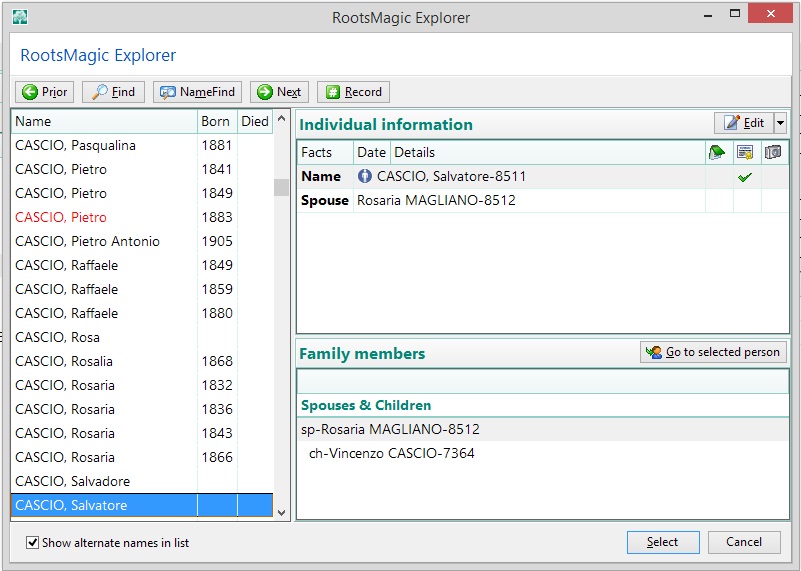
Most likely, you are going to be reprimanded for your mistake. If you thought that admitting your mistake and fixing it would, well, fix the problem, think again. That way, you can go over steps to remedy the mistake to your boss’-and the company’s-satisfaction and standards.Īccept the consequences.

But if the mistake is a biggie, you might want to schedule a meeting with your boss. It may be as easy as pulling a couple of overnighters in order to get your project completed as close to the past due date as possible. Take the steps necessary to correct your error. Once you’ve assumed responsibility for the mistake, it’s time to do some major damage control. Your boss will most likely want a reason why the mistake was made, and you should be prepared to take on 100% of the accountability.Ĭorrect it.

Or you waited until the last minute to complete the project and underestimated how much time it would truly take you. Maybe your deadline simply slipped your mind. So take ownership of the mistake without excuses. But your apology will be meaningless if you only pass your faux pas onto another person. Admitting the mistake is only the first step in rectifying the situation. By ‘fessing up to your mistake, you are showing that you are indeed honest and being responsible. Depending on the gravity of your mistake, you can either email your boss or (if it’s really bad) pick up the phone and call in your apology. So acting like it never happened isn’t the best option. But before you close up shop on your home office (and your telecommuting job), there are ways to survive-and even thrive-after making a mistake at work. Whether you sent an incendiary email to your coworkers (and accidentally cc’ed your boss) or you missed the deadline for a big report, your mistake was monumental. And we’re not talking about your garden-variety goof up.


 0 kommentar(er)
0 kommentar(er)
